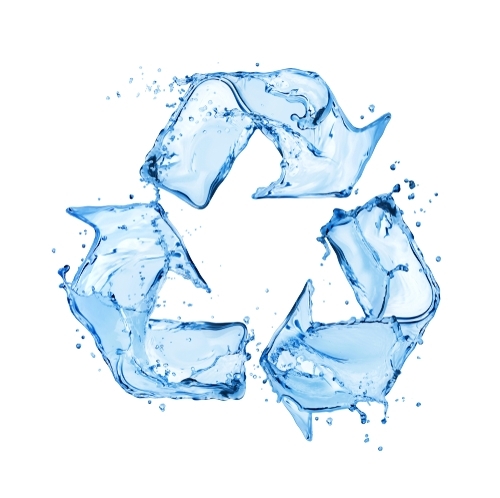IDRO Group's innovations in water recycling
In the search for increasingly efficient water recycling solutions, IDRO Group has developed a number of advanced technologies. These include reverse osmosis systems, advanced membrane treatment and biological reactors. In addition, IDRO Group has developed increasingly sophisticated and efficient plants.
A notable example is the compact Idro Reuse plants, specifically designed for industrial water reuse. These tertiary treatment modules, manufactured in containers that can be easily transported both by land and by sea, are easy to install. They are the ideal solution for the industrial sector, especially for industries with high water consumption, such as the textile industry.
Another recent innovation in the field of water treatment is Elektroplan, an experimental plant for the purification of civil water. This system uses state-of-the-art technologies such as induction electroflotation and electrochemical oxidation. Elektroplan is an innovative and highly efficient chemical-physical method specifically designed to remove pollutants from wastewater by non-biological processes.
IDRO Group stands out in the industry for its commitment to designing and implementing sustainable solutions for energy production and environmental protection. For more information on water recovery and recycling systems, please contact IDRO Group!






